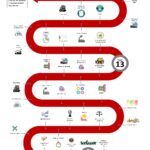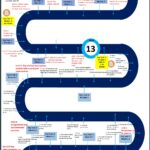
Curriculum Intent
The curriculum is designed in order to prepare students for the world of work. The aim of Business as a subject is to equip students with further knowledge of the business world as a whole. Students should be able to develop as commercially minded and enterprising individuals, who are able to think critically, drawing on business information and evidence to better enable them to draw and develop arguments and make justified decisions. Business has been created to help prepare students for further education and business-related careers through studying a number of areas relevant to businesses in the real world.
Learning Journeys
Click the images to the right to see the full learning journey undertaken by a student in this subject
Course Overview
You will learn about how the economy works and how individuals and firms make decisions. The course also looks at the policies adopted by policymakers to help improve society, both nationally and internationally.
Without some knowledge of economics, it is impossible to understand the world in which we live.
Every day, the media report on economic issues such as unemployment, inflation (rising prices), economic growth, government spending and taxation, exchange rates, international trade and share/commodity price and exchange rate movements.
Economics is a rigorous and rewarding academic subject which is well respected by universities and employers alike. Studying Economics will help you to consider and discover when politicians are not telling the economic truth. A qualification in Economics is an excellent basis for a career in different areas. Many other subjects complement Economics, such as Mathematics, Politics, Geography, History and Science.
The course will cover:
Year 12:
Operation of markets and market failure
Whilst studying this area you will cover topics like: the economic problem and economic methodology; price determination in a competitive market; production, costs and revenue; competitive and concentrated markets; the market mechanism, market failure and government intervention in markets.
The national economy in a global context
Whilst studying this area you will cover topics like: measurement of macroeconomic performance; how the macro economy works; the circular flow of income, aggregate demand/aggregate supply analysis and related concepts; economic performance and macroeconomic policy.
Year 13:
Individuals, firms, markets and market failure
Whilst studying this area you will cover topics like: individual economic decision making; production, costs and revenue; perfect competition, imperfectly competitive markets and monopoly; the labour market; the distribution of income and wealth: poverty and inequality and the market mechanism, market failure and government intervention in markets.
The national and international economy
Whilst studying this area you will cover topics like: the measurement of macroeconomic performance; how the macro economy works: the circular flow of income, AD/AS analysis and related concepts; economic performance; financial markets and monetary policy; fiscal policy and supply-side policies; the international economy.
Question papers use a variety of assessment styles including short answer, data response, essays and case study analysis. You will be assessed by sitting two exams in year 12 (internally assessed) and three formal and externally assessed exams in year 13.
Entry Requirements
You will have achieved at least a grade 5 in Maths.































